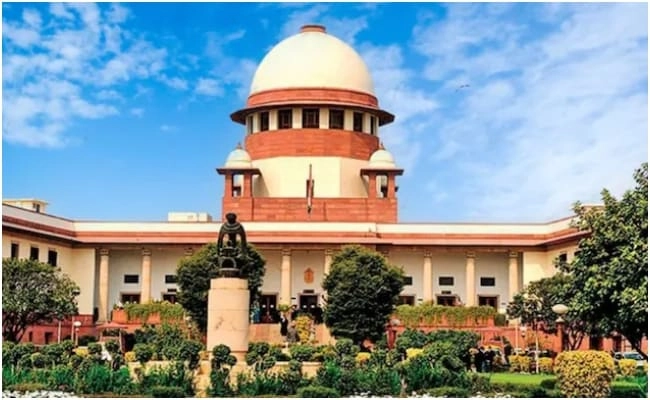The Supreme Court of India has recently expressed its concerns regarding the treatment of retired judges who are seeking essential facilities and amenities to support their post-retirement lives. During a hearing, the apex court highlighted the troubling situation where these esteemed individuals, who have dedicated their careers to upholding justice, find themselves in a position where they must plead for basic needs. The court’s remarks shed light on the broader issue of how the judicial system in India is structured and its implications for the welfare of its retired members.
The Supreme Court’s observations came in the context of a case involving various tribunals and their functioning. The judges underscored the importance of ensuring that retired judges receive the facilities they are entitled to, such as adequate housing, security, and medical benefits. These provisions are not merely perks but are essential for maintaining the dignity of those who have served on the bench. The court’s call to the central government emphasizes the need for policy reforms that recognize the contributions of retired judges and ensure their well-being.
This situation raises critical questions about the treatment of retired judicial officers in India. It reflects a systemic issue where those who have dedicated their lives to the rule of law and justice are not provided with the necessary support after their retirement. The Supreme Court’s intervention serves as a reminder of the obligations that the state has towards its retired judges, who have played a crucial role in shaping the legal landscape of the country. There is an urgent need for a comprehensive framework that addresses the welfare of retired judges, ensuring they do not have to “beg” for their rights and entitlements.
In conclusion, the Supreme Court’s intervention highlights a significant gap in the support provided to retired judges in India. As these individuals transition into retirement, it is imperative that the government takes proactive measures to guarantee their well-being and dignity. By addressing these issues, the state can honor the legacy of its judicial officers, ensuring that their contributions to society are recognized and respected even after they have hung up their robes. The call for reform is not just about facilities; it’s about upholding the values of justice and respect for those who have served the nation in the judiciary.




